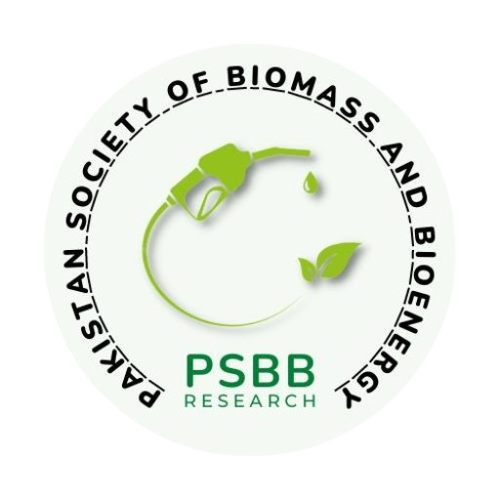A number of transportation fuels can be produced from biomass, helping to alleviate demand for petroleum products and improve the greenhouse gas emissions profile of the transportation sector. Ethanol from corn and sugarcane, and biodiesel from soy, rapeseed, and oil palm dominate the current market for biofuels, but a number of companies are moving forward aggressively to develop and market a number of advanced second-generation biofuels made from non-food feedstocks, such as municipal waste, algae, perennial grasses, and wood chips.
These fuels include cellulosic ethanol, bio-butanol, methanol and a number of synthetic gasoline/diesel equivalents. Until we are able to produce a significant amount of electric vehicles that run on renewably-produced electricity, biofuels remain the only widely available source of clean, renewable transportation energy.









